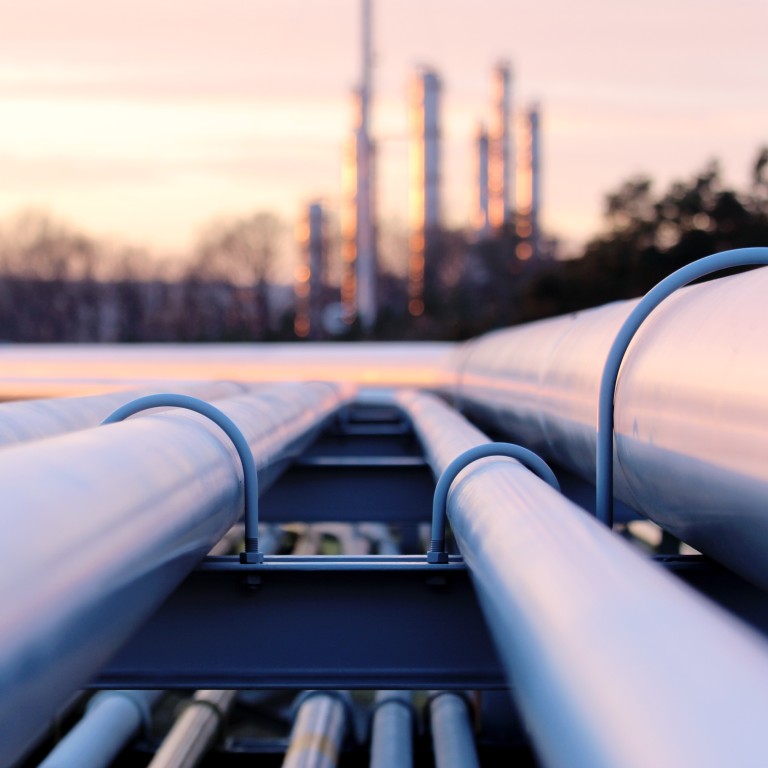
China’s ‘teapot’ buyers import more Iran oil, a headache for African crude producers
- Small independent refineries are buying more Iranian oil but US sanctions against Tehran have China’s big state-owned firms steering clear
- But crude producers in Angola, Nigeria and Congo-Brazzaville are struggling to find buyers for their product
China is the largest importer of crude oil from African countries like Angola, Congo-Brazzaville and South Sudan but it has been diversifying its source markets to the Middle East and Latin America. For instance, Chinese oil majors buy more than half of Angolan and Congo oil and the countries have signed infrastructure-for-oil loan deals running into billions of dollars. Most of the oil goes into repaying the loans and when there exports are disrupted, these nations suffer.
The Opec+ oil producers’ alliance has recently cut production to boost prices after months of low prices because of the global economic slowdown amid the coronavirus pandemic. The benchmark Brent Crude is trading at more than US$63 a barrel but Opec+ may not be in a position to control prices using supply cuts as Iranian crude flows to China.
Why is China looking beyond Africa for oil supplies?
Yuntao Liu, China analyst at the London-based Energy Aspects, said the rise in inflows of Iranian crude “was likely more related to private trading firms/teapots” that did not have overseas exposure.
But Chinese state-owned oil majors were not likely to take the risk, given they had plenty of crude stocks and were not in a rush to buy, he said.
Joseph Gatdula, head of oil and gas analysis at Fitch Solutions, said tanker tracking data showed a significant flow of crude to China from Iran but the trades were concealed and estimates of the volumes involved varied dramatically.
“China has an interest in supporting Iran and its purchases of Iranian crude have been an important lifeline under sanctions,” he said.
But importing oil from Iran remains controversial after the US imposed sanctions after leaving the Iran nuclear deal.
Last year, China signed a deal that would allow Beijing to invest US$400 billion in Iran in return for oil supplies.
However, Liu said it would be “very difficult to bring those equity barrels back to China” as state-owned firms were concerned about repercussions from the US.
Iranian oil bought earlier by the major players was still in tanks in China, he said.
“The majors can’t sell the equity barrels to private parties without finding a way to get around the transaction issues … an increased inflow of equity barrels may only happen after US sanctions on Iran get lifted.”
Liu said China was keen to diversify its crude import sources to ensure energy security because of a lack of new reserves in domestic oilfields.
As for the impact on African producers, Liu said: “Given European demand is not really good and no Asian buyers at the moment, surely they can’t sell. West African (WAF) crude is always a swing trade for both east and the West.”
Chinese buyers would return when freight rates and the differentials on WAF became attractive – if Iran sanctions lifted and they no longer offered heavy discounts, he said.

